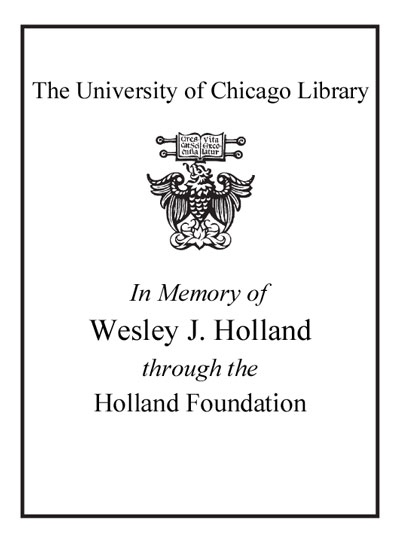Review by Choice Review
It would be difficult to find an analysis that is more critical of the dominance of the Washington Consensus in the construction of the international financial system than is Vestergaard's. Vestergaard (Danish Institute of International Studies) argues that in the aftermath of the financial crises in East Asia, there was agreement that the international financial architecture (IFA) must be strengthened. The result: "The focus was no longer on whether governments were pursuing a certain set of sound macroeconomic policies or not, but on whether economies as such were seen to be 'proper' or not." The first chapters are an analysis of the Asian crisis from the perspectives of Barry Eichengreen, Paul Krugman, Joseph Stiglitz, and Robert Wade. The author's approach in the following chapters relies on Michel Foucault's analysis of disciplinary power and the dominance of the neoliberal perspective in the design of the IFA. The final sections include an analysis of liberal economic thought, the emergence of neoliberalism, and the deleterious effects of this mode of thought in designing the global financial structure. Vestergaard's analysis of the failure of the IFA leads to a series of prescriptions for the regulation of international finance. Summing Up: Recommended. Graduate, research, and professional collections. D. C. Messerschmidt Lynchburg College
Copyright American Library Association, used with permission.
Review by Choice Review

